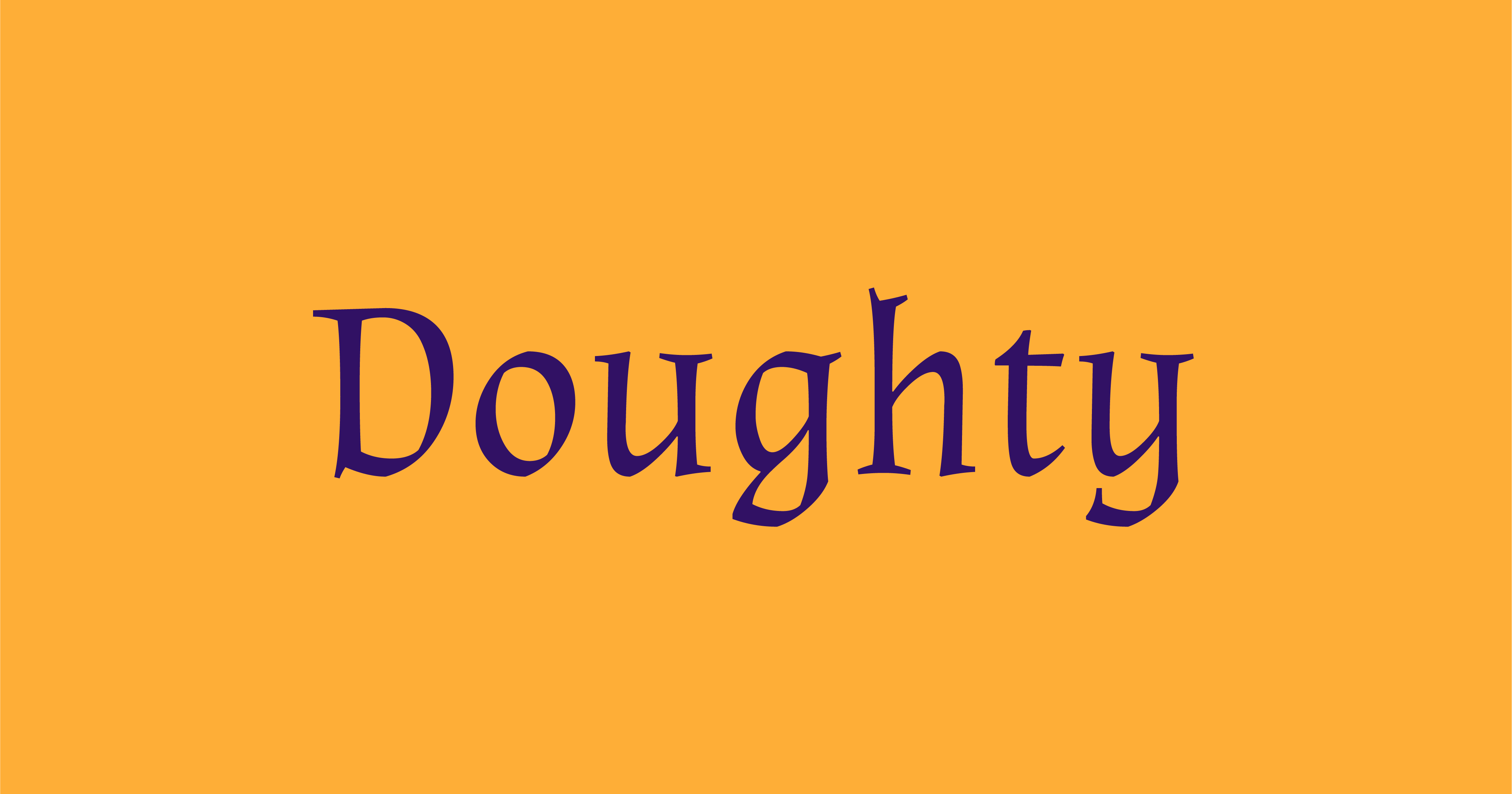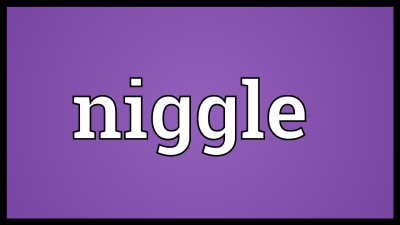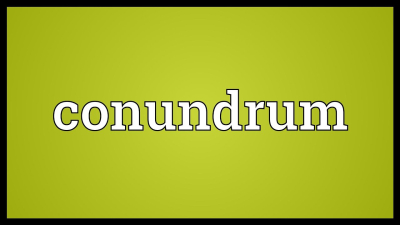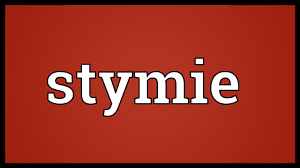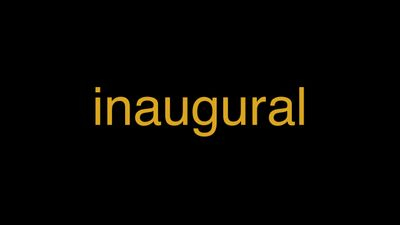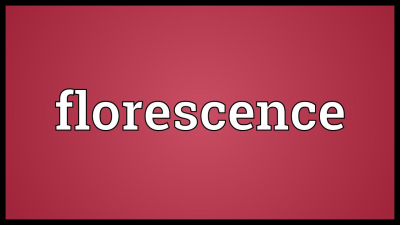What are the meaning, origin and usage of word ‘Obviate’?
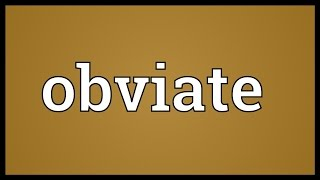
(Pronounced awb.vee.ayt)
Meaning: A verb, obviate means to eliminate a need for something or to prevent something from happening.
Origin: The term is derived from Late Latin obviat meaning "prevented", from the Latin verb obviare meaning "to withstand". The prefix "ob" means "to go against" and "via" means "way" in Latin. The term obviate has been in use in English since the late 16th Century.
Usage: The natural breeze in the evening is so good that it obviates the need to switch on the fan at home.
A parachute can be used to obviate disaster. The new medicine obviates the need for surgery.
Picture Credit : Google

